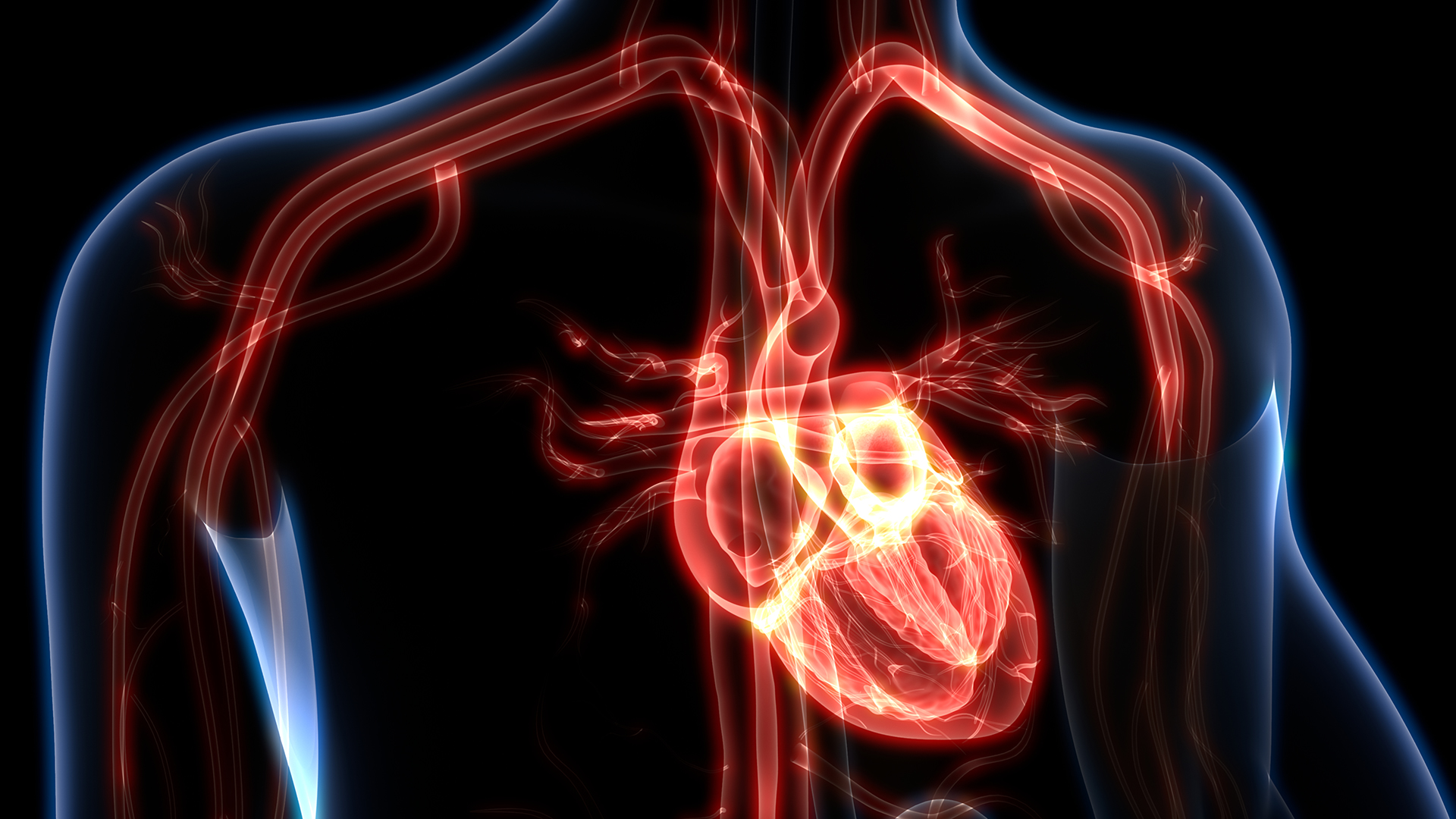Children’s Inflammatory Disease Affects Heart

New York health officials are investigating at least 120 cases of what they are calling a COVID-19-related multi-system inflammatory disease in children that has killed at least three, including a teen in Suffolk County.
Northwell Health’s Dr. Sunil Kumar Sood, the chair of Pediatric Infectious Diseases at Southside Hospital in Bay Shore who also works at Cohen’s Children’s Hospital in New Hyde Park, was one of the first physicians to see a trend in the cases. He said he saw the first dozen or so more than two weeks ago.
“We first thought we were seeing Kawasaki disease,” which causes inflammation in blood vessels throughout the body, the first sign of which is a prolonged fever, he said in an interview last week. “It is not unknown to us — we see this year-in, year-out, usually a spike every spring and fall.” The disease usually affects children younger than 5.
It quickly became apparent the children were much sicker than those with typical Kawasaki disease. Despite being otherwise healthy, patients were being sent straight to the intensive care unit because their heart was affected, he said. Blood tests showed inflammatory markers 10 to 100 times higher than in Kawasaki patients.
Antibody tests showed these children had fought off the novel coronavirus, though the actual nose swab test mostly came back negative in the cases Sood saw. Last week, Cuomo said 60 percent of the child patients statewide tested positive for COVID-19, with 40 percent testing positive for the antibodies. In the cases Sood was involved in, 95 percent of the children had antibodies.
The age-range is wide, from infants to 21-year-olds, according to the state. The youngest patients Sood personally treated was 2, the oldest 16.
The inflammatory disease popped up about a month after the peak of the COVID-19 infections in New York, an important fact, Sood said.
Kawasaki disease is known to be a post-infectious phenomenon, the doctor explained. Researchers have never identified the cause or trigger, just that it is a post-viral disease that occurs a couple of weeks after having a virus.
“Maybe this year it’s this virus that’s driving it,” Sood said of COVID-19, adding that no other viruses, like strep or mononucleosis, appear to be going around. “I think the cause is staring us in the face. What other evidence are we going to get? It happened right after and these children show antibodies in their blood.”
But this syndrome is not just causing Kawasaki-like symptoms. Some children have experienced a high fever with heart failure, others present severe abdominal symptoms that mimic appendicitis.
Doctors are also seeing a vasculitis rash, where inflamed blood vessels cause a reddish-purple skin rash, more common with Rocky Mountain spotted fever, an infectious disease often transmitted by the bite of a tick. Sood said it’s important to note the similarities, especially as tick season on the East End begins.
Patients are responding to treatment, similar to that for Kawaski disease or myocarditis, an inflammation of the heart muscle, which is an intravenous immunoglobin and aspirin regimen, as well as an IV dose of steroids.
“Fortunately, we have not had any deaths in the patients who came to our hospital,” Sood said, but added doctors are “revisiting protocol literally every day.”
“Normally children are quite resilient,” he said. “What makes this concerning is there could be involvement of the heart early on; they can rapidly go downhill. I think this is a different from what we normally see in children.”
He said the biggest question is when will this wave subside?
“Because if this is a wave that is a month behind the big coronavirus curve of cases, then we should start to see a decline parallel to that decline, and that’s good news if that happens,” Sood said. “However, if this continues for a while, this has implications for summer camp, schools, and daycare, because it would mean the virus is still silently spreading around children,” followed four to six weeks later by the inflammatory disease.




